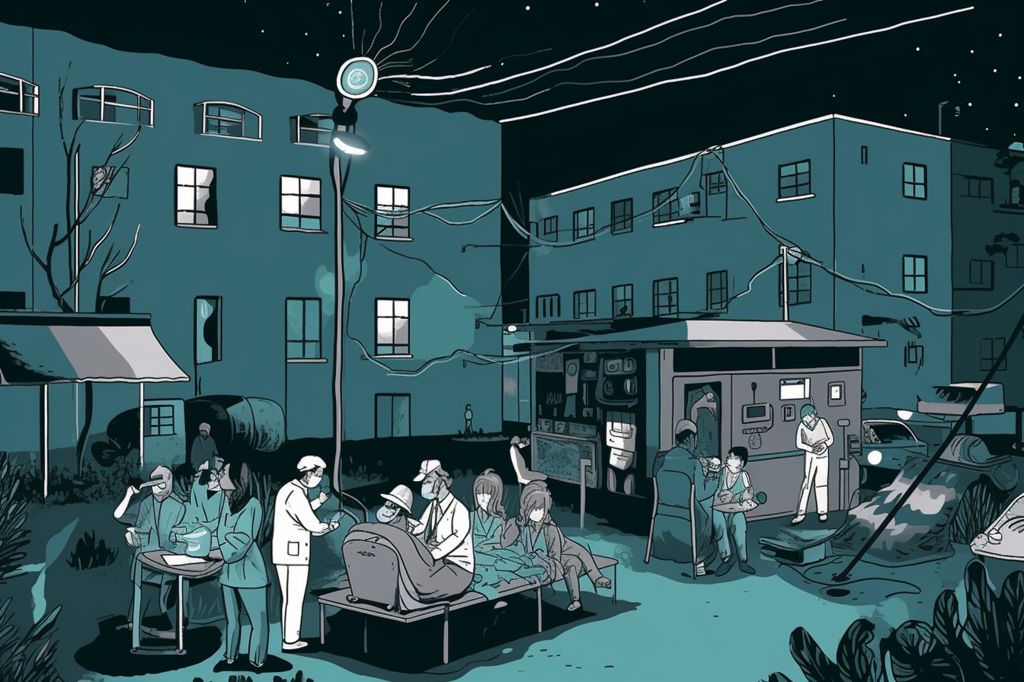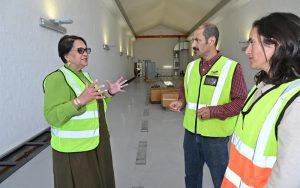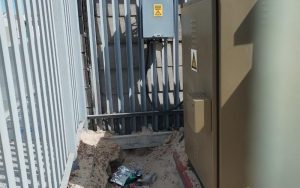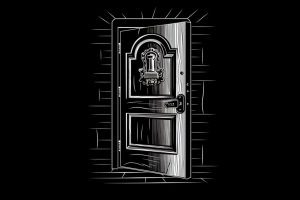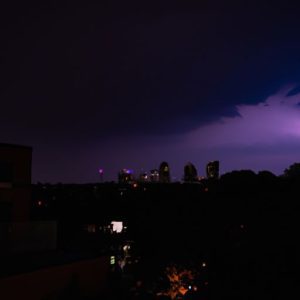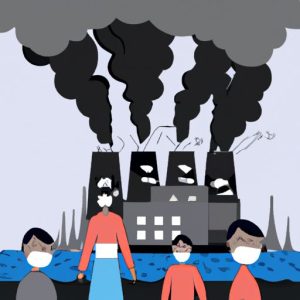The Pretoria High Court has ordered the South African government to equip public facilities, such as hospitals, clinics, police stations, and schools, with generators and diesel to ensure an uninterrupted power supply within 60 days. The ruling raises concerns about the economic implications of this directive, as the cost of generators and diesel would be an expensive undertaking for taxpayers, funded by general taxes.
The construction of a new electricity switching station in Morgen Gronde, Brackenfell, is a significant step towards ensuring reliable and adequate electricity supply to the residents and businesses of Cape Town. ## Upgrading the Network
The 2023 National Freedom Day celebrations were marked by a speech from President Cyril Ramaphosa. In his address, he discussed several issues concerning the history of Matlosana, the progress that had been made since the advent of democracy, and the challenges that the country still faced. While acknowledging the progress made over nearly three decades of democracy, he also recognized that there was still much work to be done.
The Energy Directorate of the City of Cape Town has successfully implemented a plan to address outstanding streetlight repairs in the Mitchells Plain area. Despite facing high service requests, loadshedding, and weatherrelated issues, the City has made steady progress. ## Increase in Electricity Infrastructure Repair Service Requests Due to Vandalism and Theft
The recent claims made by former Eskom CEO, Andre de Ruyter, alleging the involvement of highlevel politicians in corruption at the power utility have caused a stir in South Africa. However, de Ruyter declined to disclose any names during a hearing with Parliament’s Standing Committee on Public Accounts (SCOPA), citing legal advice and safety concerns.
South Africa’s energy sector has seen a significant challenge in recent years. Eskom, the country’s leading power utility, has struggled to keep up with the growing electricity demand. The result has been frequent power outages, or load shedding, which have disrupted businesses and homes. The reasons for this crisis are complex, ranging from aging infrastructure to corruption allegations. In this article, we will explore the causes of the electricity crisis in South Africa, its impact on society, and the measures being taken to address the problem.
South Africa’s electricity supply has been in crisis for years, with power cuts an almost daily occurrence for many citizens. The situation has only worsened as Eskom, the country’s leading power supplier, struggles to keep up with demand. The problem is particularly acute during winter when the need for electricity skyrockets due to the colder temperatures. The newly appointed Electricity Minister, Kgosientsho Ramokgopa, has warned that this winter could be “tough” if Eskom’s grid remains as constrained as it currently is.
Eskom, South Africa’s stateowned electricity company, is facing significant challenges in supplying electricity to the country. The company has projected that the government will face load shedding every week for the next year due to a worstcase scenario expected to exceed 17,000 MW of planned and unplanned outages.

